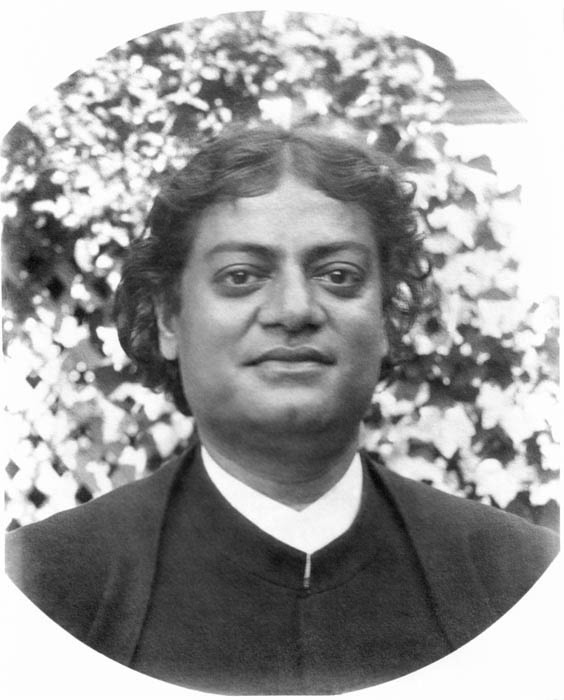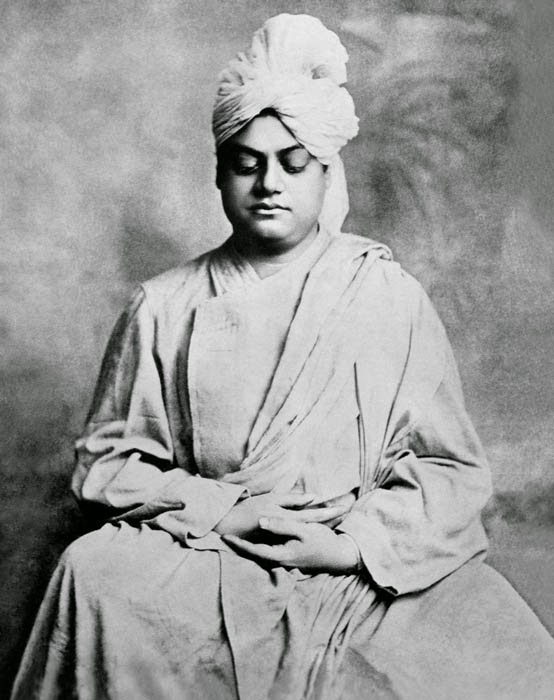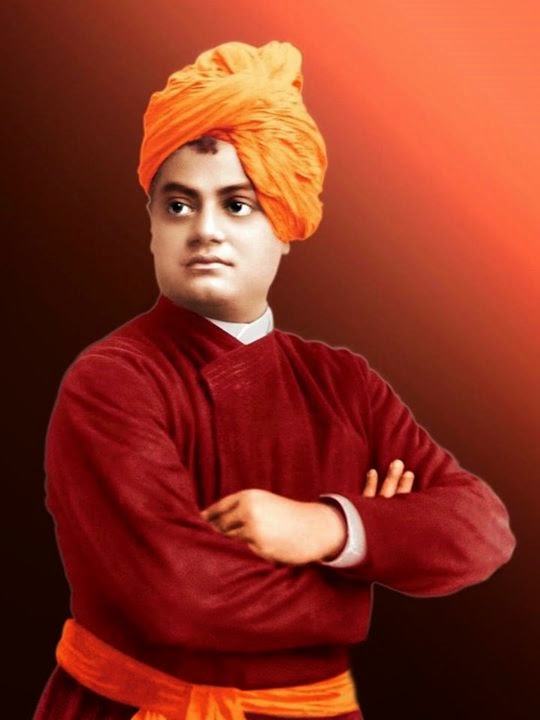Karma-Yoga : Ch-4. Part-3.

Chapter-4. What is Duty? Part-3. But what is it that makes an act a duty? If a Christian finds a piece of beef before him and does not eat it to save his own life, or will not give it to save the life of another man, he is sure to feel that he has not done his duty. But if a Hindu dares to eat that piece of beef or to give it to another Hindu, he is equally sure to feel that he too has not done his duty; the Hindu's training and education make him feel that way. In the last century there were notorious bands of robbers in India called thugs; they thought it their duty to kill any man they could and take away his money; the larger the number of men they killed, the better they thought they were. Ordinarily if a man goes out into the street and shoots down another man, he is apt to feel sorry for it, thinking that he has done wrong. But if the very same man, as a soldier in his regiment, kills not one but twenty in action, he is certain to feel glad and...











